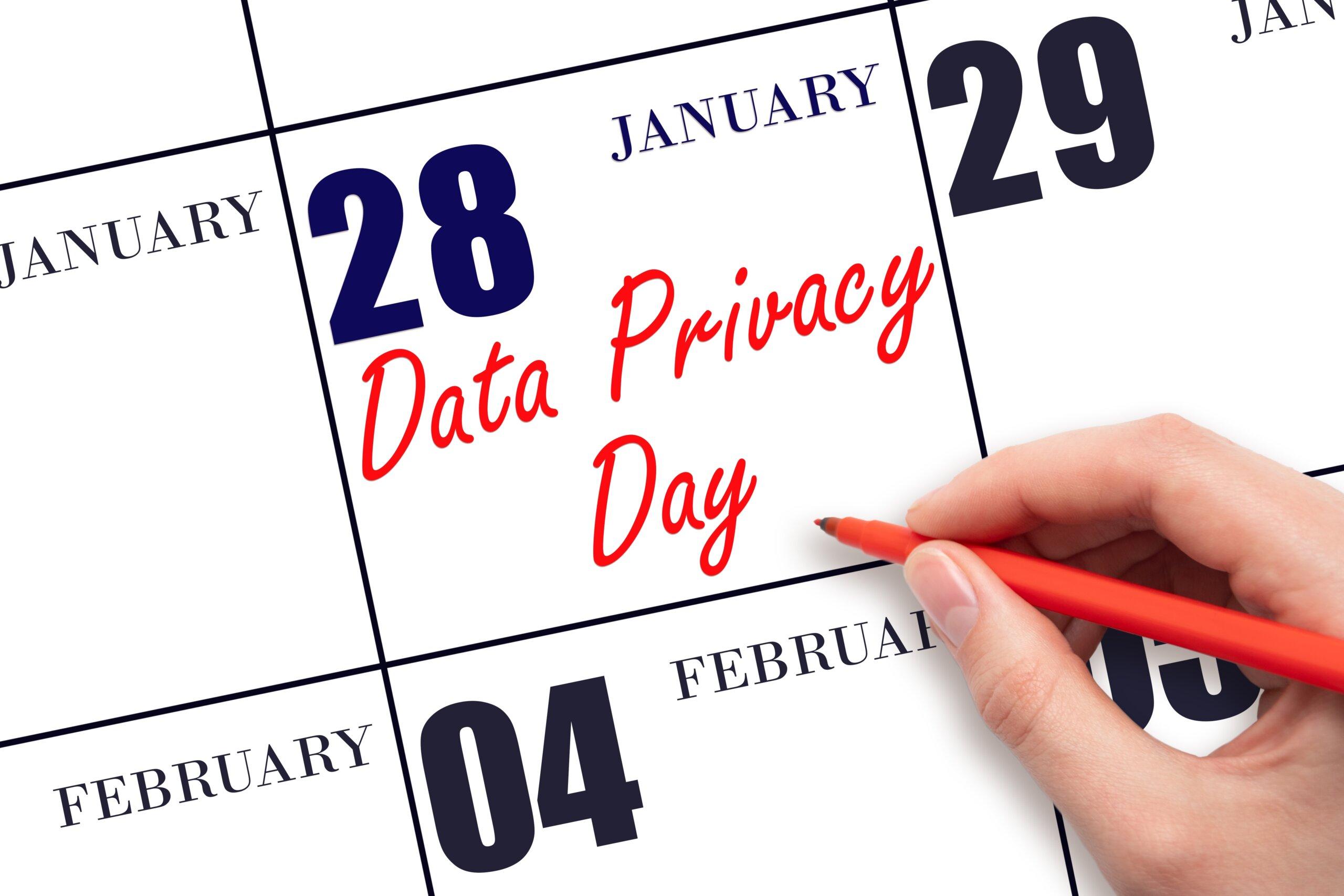Data Privacy and Security Regulations in the Tech Industry

Introduction
In today's digital age, data privacy and security regulations have become increasingly important for businesses in the tech industry. With the rise of online transactions, the collection and storage of personal data has become a critical aspect of the tech industry. As such, it is essential for businesses to comply with data privacy and security regulations to protect the privacy and security of their customers and stakeholders.
In this article, we will explore the various data privacy and security regulations that are applicable to the tech industry. We will discuss the key regulations that businesses need to be aware of, including the General Data Protection Regulation (GDPR) and the California Consumer Privacy Act (CCPA). We will also provide tips on how businesses can comply with these regulations and ensure the protection of their customers' data.
General Data Protection Regulation (GDPR)
The GDPR is a regulation that was adopted by the European Union in 2018. It provides a set of rules that govern the processing of personal data of individuals within the European Union. The GDPR applies to any organization that processes personal data of individuals within the European Union, regardless of where the organization is based.
The GDPR requires organizations to obtain consent from individuals before processing their personal data. It also requires organizations to implement appropriate security measures to protect personal data from unauthorized access, disclosure, and modification. The GDPR also requires organizations to provide individuals with the right to access, rectify, and delete their personal data.
California Consumer Privacy Act (CCPA)
The CCPA is a law that was adopted by the state of California in 2018. It provides consumers with the right to know what personal data is being collected about them, how it is being used, and with whom it is being shared. The CCPA also provides consumers with the right to request that their personal data be deleted.
The CCPA applies to any organization that does business in California and collects personal data from California residents. The CCPA requires organizations to provide consumers with a notice of their data collection practices, including the categories of personal data being collected, the purposes for which the data is being collected, and the categories of third parties with whom the data is being shared.
Compliance with Data Privacy and Security Regulations
Complying with data privacy and security regulations can be a complex and time-consuming process. However, there are several steps that businesses can take to ensure compliance.
First, businesses should conduct a data privacy and security risk assessment to identify the potential risks associated with the collection and storage of personal data. This assessment should include a review of the organization's data collection practices, security measures, and data sharing practices.
Second, businesses should implement appropriate security measures to protect personal data from unauthorized access, disclosure, and modification. This may include implementing encryption, implementing access controls, and conducting regular security audits.
Third, businesses should obtain consent from individuals before processing their personal data. This may include obtaining consent through the use of a privacy policy and a consent form.
Fourth, businesses should provide individuals with the right to access, rectify, and delete their personal data. This may include providing individuals with access to their personal data through a data access request form and providing individuals with the ability to request that their personal data be deleted.
Conclusion
Data privacy and security regulations are critical for businesses in the tech industry. The GDPR and the CCPA are two of the most important regulations that businesses need to be aware of. By complying with these regulations, businesses can protect the privacy and security of their customers and stakeholders.
In conclusion, complying with data privacy and security regulations can be a complex and time-consuming process. However, by conducting a data privacy and security risk assessment, implementing appropriate security measures, obtaining consent from individuals, and providing individuals with the right to access, rectify, and delete their personal data, businesses can ensure compliance with data privacy and security regulations.





